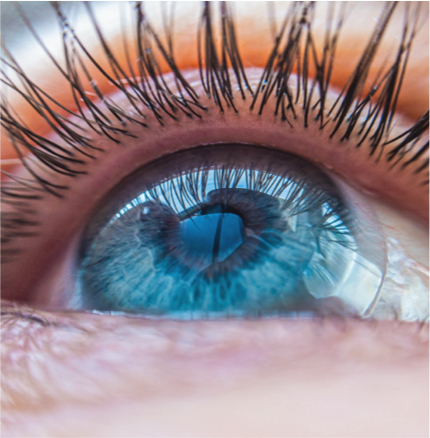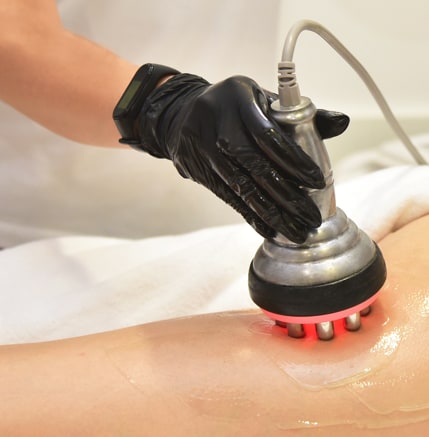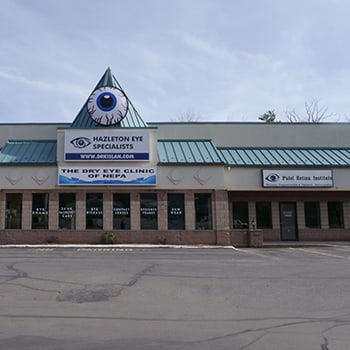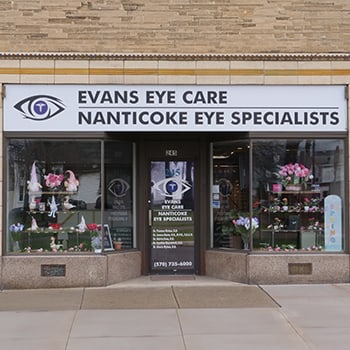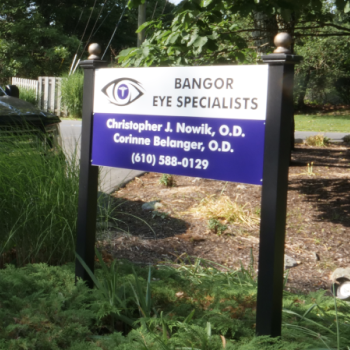Many people experience changes in their vision as they age. Sometimes, this is completely natural; but sometimes, it’s a sign that you’re developing an eye condition. That’s why it’s essential to learn the early symptoms of conditions like age-related macular degeneration—it lets you know when it’s time to visit your optometrist to get your eyes and vision checked.
Age-related macular degeneration, or AMD, often causes the loss of your clear central vision. You may start experiencing poor low-light vision, and colors may appear washed out. If you ever notice sudden and significant changes in your vision, visit your optometrist as soon as you can; this condition can quickly cause permanent vision loss if you aren’t careful.
What Is Macular Degeneration?
Inside your eye, there’s a piece of light-sensitive tissue called the retina. Light reaches the retina and is sent through the optic nerve as information. This is the basis of your visual system.
On the retina, there’s a small group of cells called the macula. This is located in the centre of the retina, and it’s responsible for your clear and sharp central vision. It’s responsible for letting you read, drive, recognize faces, and more.
However, with age, these cells may start to degrade. This is age-related macular degeneration—an eye condition that begins to cause the macula to wear down quicker than it should. It’s one of the leading causes of vision loss in adults over the age of 50.
In the earliest stages of AMD, the condition rarely exhibits any severe symptoms. This condition is progressive, and it’s crucial to try and catch it as soon as you can. The first signs of AMD are often a decrease in night vision or color disparity; if you notice either of these, try to visit your optometrist as soon as you can.
The 2 Types of Macular Degeneration
There are 2 types of AMD: dry and wet. Each type showcases itself differently, presenting unique symptoms.
Dry Macular Degeneration
Dry macular degeneration is the more common of the two types, accounting for about 85-90% of cases. This develops when the macula naturally thins over time as part of the aging process, and causes a gradual loss of your central vision.
Dry AMD can cause:
- Blurry or fuzzy vision
- Difficulty recognizing faces
- Need for brighter light for reading or close-up tasks
- A hazy or blind spot in your central vision
- Colors appearing less vibrant
Wet Macular Degeneration
Wet macular degeneration is less common, but significantly more severe. With wet AMD, abnormal blood vessels grow underneath the retina, and quickly start leaking fluid or blood. This causes rapid damage to the macula and permanent vision loss.
The symptoms of wet AMD include:
- Visual distortions, such as straight lines appearing wavy or crooked
- A well-defined blurry spot or blind spot in your field of vision
- Rapidly worsening central vision
- Decrease in the intensity or brightness of colors
- General haziness in your overall vision
If you notice any of these symptoms, immediately seek medical attention. Wet AMD can quickly damage your vision, and once lost, it can’t be recovered. By seeking treatment, you can intervene sooner rather than later to preserve your vision.
Tips for Preventing Macular Degeneration
Unfortunately, there is no guaranteed way to prevent AMD. This is an extremely complicated condition with a wide range of potential causes. However, there are some steps you can take to decrease the risk of developing AMD, such as:
- Avoiding tobacco, as the inflammation can damage the internal systems of your eye
- Follow a healthy diet rich in fruits, vegetables, and fish to give your eyes the nutrients needed to maintain their health
- Take supplements, such as omega-3 fatty acids, to improve your eye health
- Protect your eyes from UV damage
However, the most significant step you can take is to regularly visit your optometrist. This way, an eye care professional can monitor any changes in your eye, and address any potential problems long before they damage your vision.

Once AMD begins to damage your vision, the results are permanent. This is why an early diagnosis is so important; it lets you preserve more of your vision in the long run. Don’t put your vision at risk; eye exams are more important than you think!
Get Checked for Macular Degeneration
Age-related macular degeneration is a serious problem that needs treatment. If you’ve noticed any of the symptoms above, or any other problems with your vision, it’s time to book your next eye exam. So come visit our team at Hazleton, Stroudsburg, Pottsville & Nanticoke Eye Specialists. We’re here to help you keep your vision clear, so book your appointment today!





